“As a child, I always wondered how kids felt happy to go back home or excited that it was a Friday. To me, going back home was like walking into a living nightmare. And Fridays and weekends still get me anxious.”
“My body remembers things my mind doesn’t. A certain perfume, any middle-aged man with a French beard, a lullaby, almost anything can trigger the most distressful feelings.”
“I remember the exact moment I disassociated from my body. I saw my 7 year old body from a distance, violated. Nothing but an object. I am 58, and I am not yet entirely in my body.”
“4 of my marriages failed—cold, emotionally unavailable, selfish—these were the words used to describe me as a man. It took me years of therapy to realise, that being emotionally cut off was the only reason I survived years of childhood neglect.”
These are words from individuals who live with trauma.
What is trauma?
Trauma is an emotional response to any event that is physically or psychologically threatening.
According to APA, “Trauma is an emotional response to a terrible event – like an accident, rape or natural disaster. Immediately after the event, shock and denial are typical. Longer term reactions include unpredictable emotions, flashbacks, strained relationships and even physical symptoms like headaches or nausea.”
However, trauma doesn’t stem only from extreme, life-threatening situations. Exposure to verbal or emotional abuse, severe childhood neglect and sexual violations of any kind can cause trauma.
What does it feel like?
A person living with trauma may experience a range of emotional, mental, and physical symptoms that often get mis-diagnosed. A child who experienced a traumatic event at home may be mis-diagnosed as struggling with ADHD by a school counsellor. Similarly, a person facing respiratory issues, might be treated only for the physical symptoms, unaware of the flashbacks or traumatic memories that trigger it.
While any form of loss or violation triggers emotional reactions, it typically lowers in intensity over time. However, someone struggling with trauma can find it hard to cope; long after the event, sometimes years or even decades later. Or, as someone rightly described: PTSD (post-traumatic stress disorder) is not about the person unwilling to let go of the past; but the past, unwilling to let go of the person.
It is also important to emphasize that the symptoms are normal reactions to abnormal situations.
Symptoms of unresolved trauma:
A) Emotional/Psychological:
Unexplainable emotions that come out of nowhere (e.g. a sexual-abuse survivor crying when seeing a child of a certain age)
- Denial, disbelief, repression, memory fog, confusion (e.g. “not sure if that really happened or if I’m imagining it”).
- Anxiety, anger, mood swings, depression, irritability (especially in personal relationships).
- Guilt, shame, self-blame (often experienced by survivors of abuse; “it is my fault my mother broke my hand”).
- Disassociation (from body, mind, identity), feeling numb, inability to feel emotions.
- Low self-worth and poor or complete lack of personal boundaries (often the case in survivors of abuse or neglect).
- Inability to know one’s needs and wants (“I don’t realize I’m hungry until my stomach burns with acidity”).
- Nightmares, visual flashbacks, somatic memories (e.g. feeling startled or extreme fear when someone touches you where an abuser had wrongfully touched); or emotional flashbacks (feeling how you felt when the traumatic event happened with no visual memory).
- Not remembering chunks from childhood or teenage (this is a big red flag: when someone struggles to recollect the timeline of their own life).
- Floating memory/visuals (images, sounds, words that don’t fit in memory but often appears out of nowhere).
- Lacking a core sense of self/existential crisis (“who am I? Why am I alive?”).
B) Physical symptoms include but not limited to:
- constant fatigue, easily startled, muscle tension, respiratory trouble, higher BP, aches and pains, repetitive physical conditions that don’t seem to have any medical causes.
Recent research reveals unresolved trauma is linked to many medical ailments, including fibromyalgia, CFS (chronic fatigue syndrome), arthritis, diabetes, heart diseases, etc. Studies also reveal that complex trauma can have a gene-level impact and links to higher mortality rates.
Types of trauma
There are primarily 4 types of trauma:
Acute trauma: This is also called single-incident trauma, caused by a one-time overwhelming or dangerous event. Examples are an accident, natural disaster, life-threatening diagnosis, mugging or robbery, one-time sexual assault, violent assault, etc. Denoted with a big “T” (Trauma), this is often linked to PTSD.
Chronic trauma: This is caused by prolonged and often repeated exposure to highly distressing events. Examples include bullying, domestic violence, emotional abuse etc. This can often lead to lifelong symptoms as the person is made to feel powerless to escape the situation for long.
Complex trauma: This denotes response to multiple traumatic events experienced during childhood or those that impact the developmental stages. Apart from other symptoms, people with C-PTSD have trouble with self-identity and basic psychological defenses because their core sense of self is impacted by the traumatic events. Adverse Childhood Experiences (ACE) are closely linked to trauma. According to CDC, it also has a “tremendous impact on future violence victimization and perpetration.”
Little trauma: Also called small “t” trauma, this includes stressful events but not as life-threatening. This includes minor injuries, loss of a significant relationship, etc. It must be noted that repeated trauma of this kind can sometimes be more harmful than a single-incident Trauma.
Two other types to note:
Secondary or vicarious trauma: This is caused when one person is in close contact with someone who experienced a traumatic event. E.g. Friends, family members, first-aid personnel and therapists who care for those who experienced the event.
Collective, historical or intergenerational trauma: This is experienced by entire communities exposed to traumatic events caused by racism, slavery, casteism, war, genocide, social discrimination, untoucability etc. The symptoms, including somatic ailments, are often passed down from one generation to the other. E.g. In India, the inter-generational trauma experienced by the Dalits or Adivasis due to thousands of years of systemic oppression, violence and social discrimination caused by caste-benefitting members.
Why do we need to be trauma-informed?
Mental and physical health experts need to understand the full impact of psychological trauma to assist in healing.
But as members of society, we need to know that people living with trauma carry emotional scars and wounds that are invisible to others. This makes it all the more difficult for them to communicate with others and make sense of memories and experiences with oneself.
There can be existential questions such as “why me?” and almost anything in the environment can be a trigger. For e.g. imagine a birthday party with a lot of festivity. The first reaction to this vision from you might be pleasant.
But a survivor whose abuser had gifted her a balloon before violating her may instantly plummet into despair and fear at the party amidst her happy friends and peers. In a moment, her world becomes scary and her system reacts with symptoms beyond her control. That’s the impact trauma can have.
Hence, compassion is the key in ALL human interactions. It is the universal balm that can lead to individual and collective healing.
We may never know what another person is living through at a given moment, but it always helps to be kind and well-informed.
Also click to read the article on Emotional Health Checklist by Kanmani
Please do leave your comments at the bottom and do share with others if you like this article.





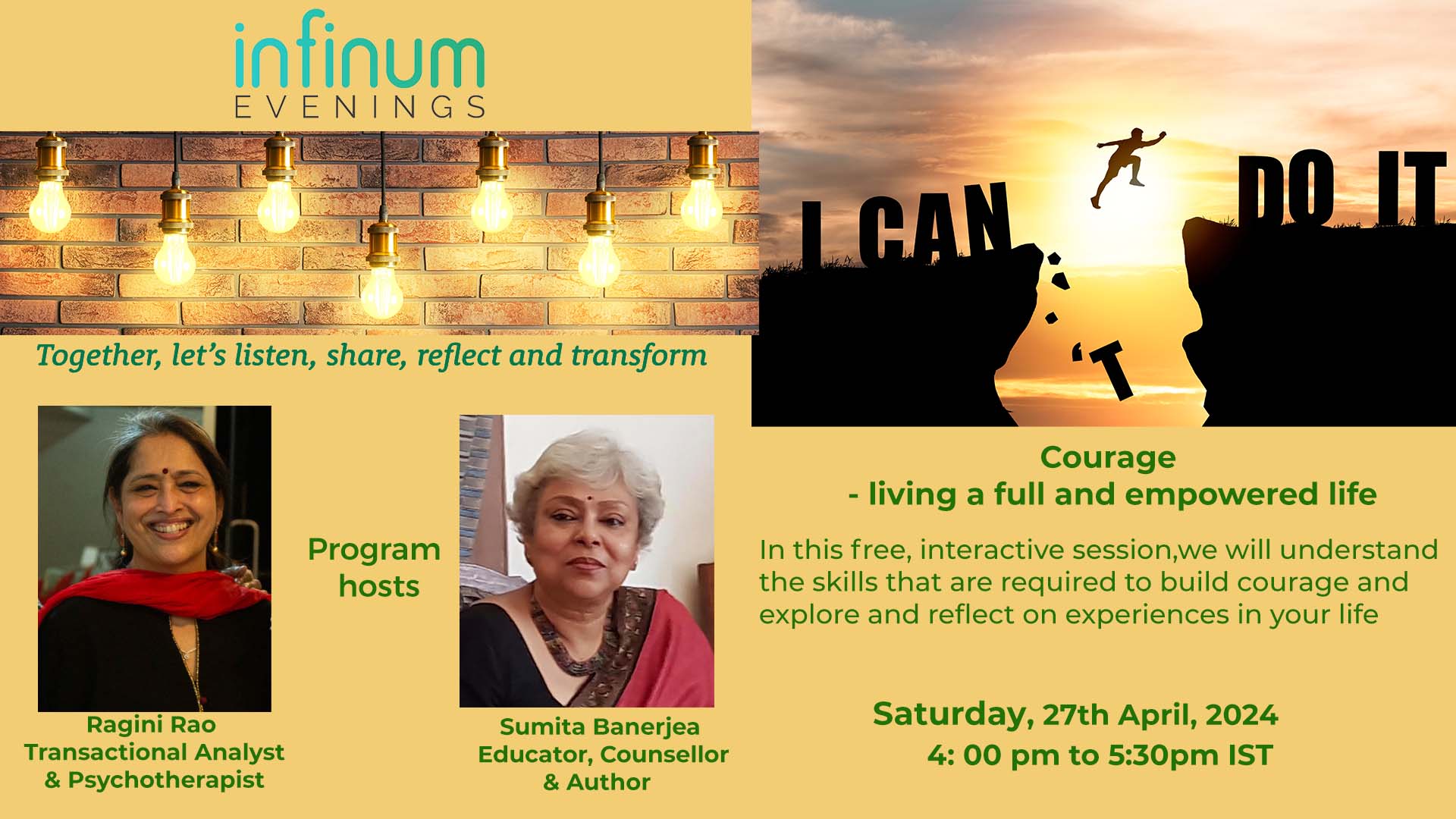
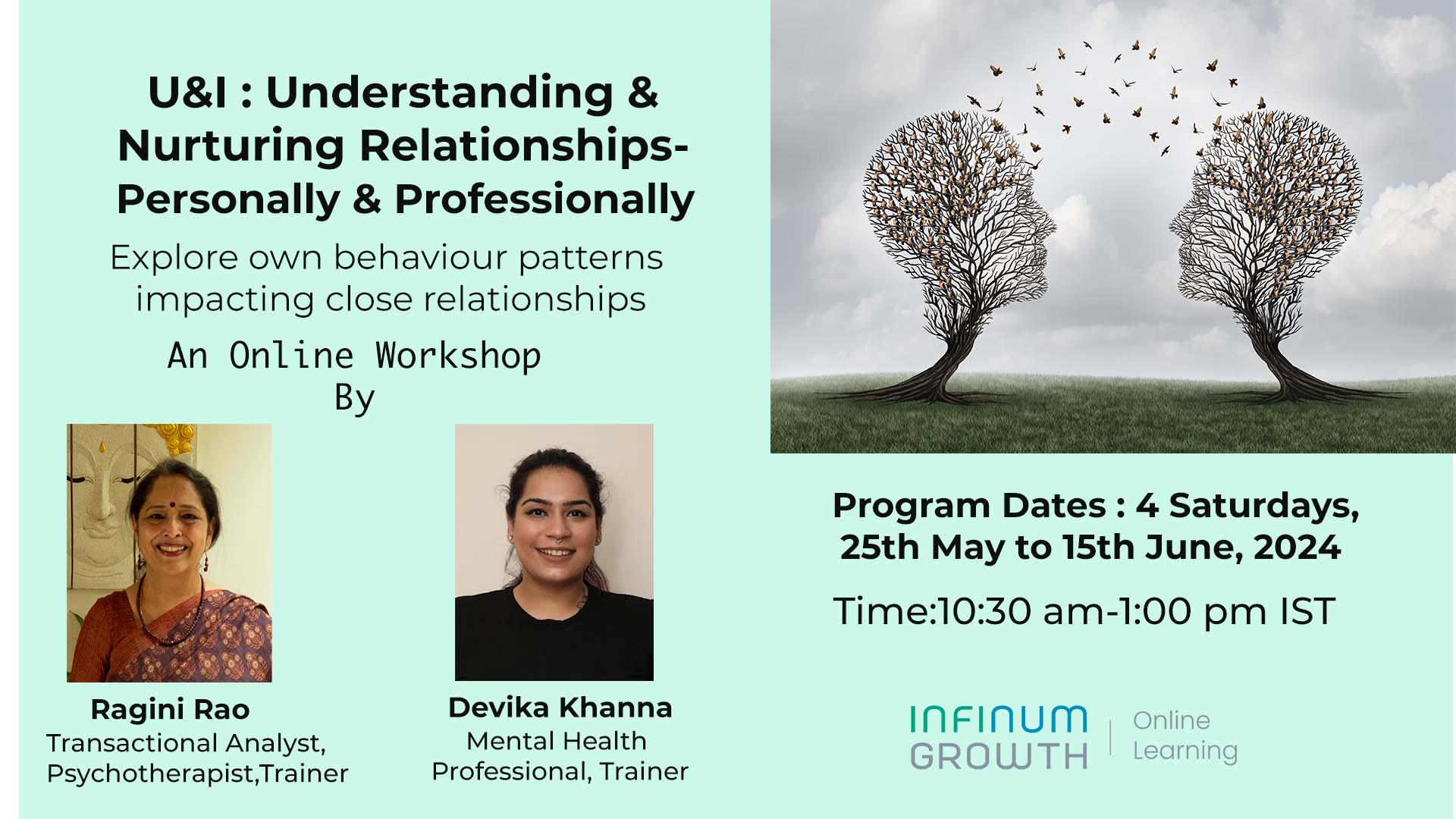
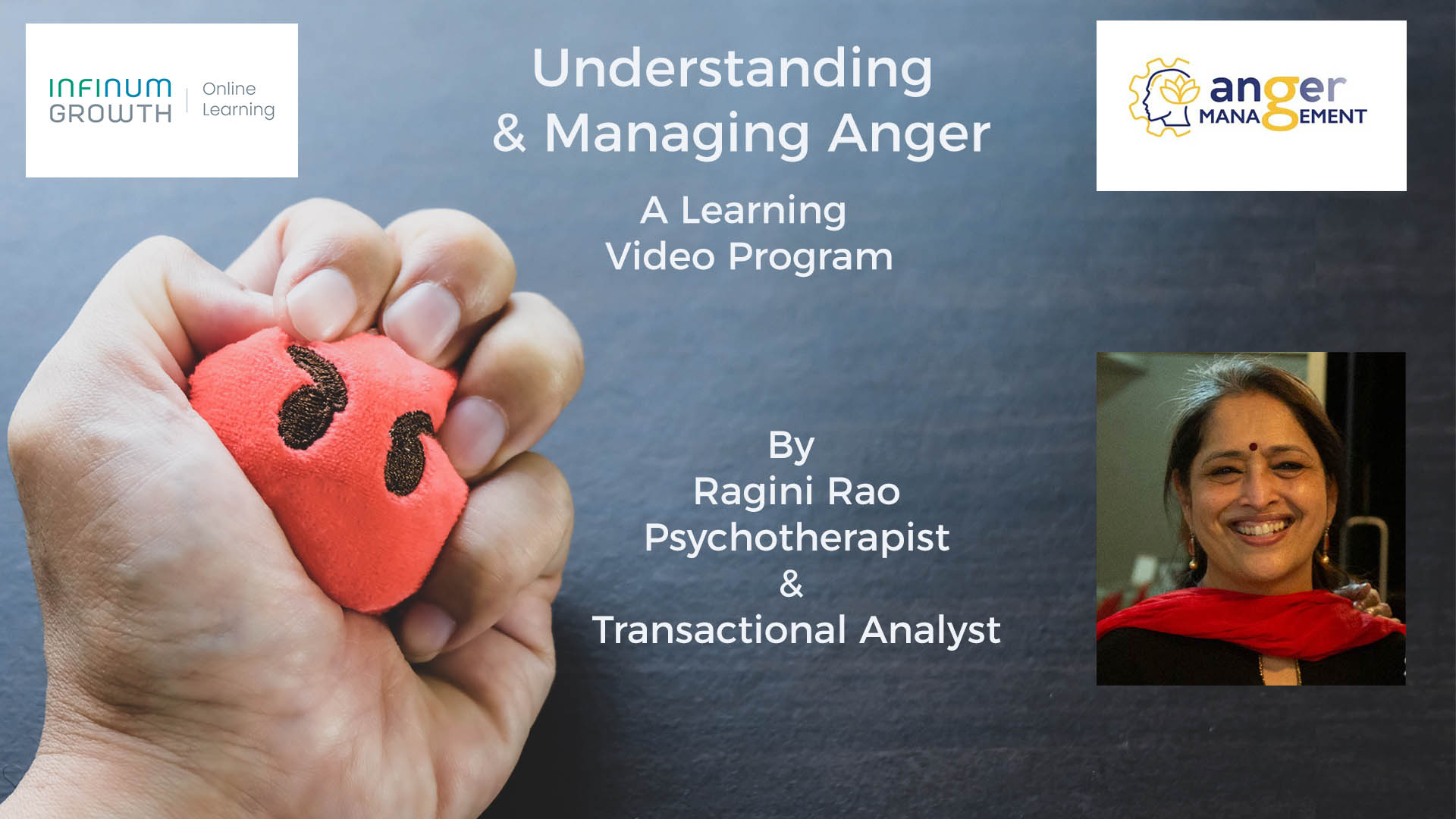



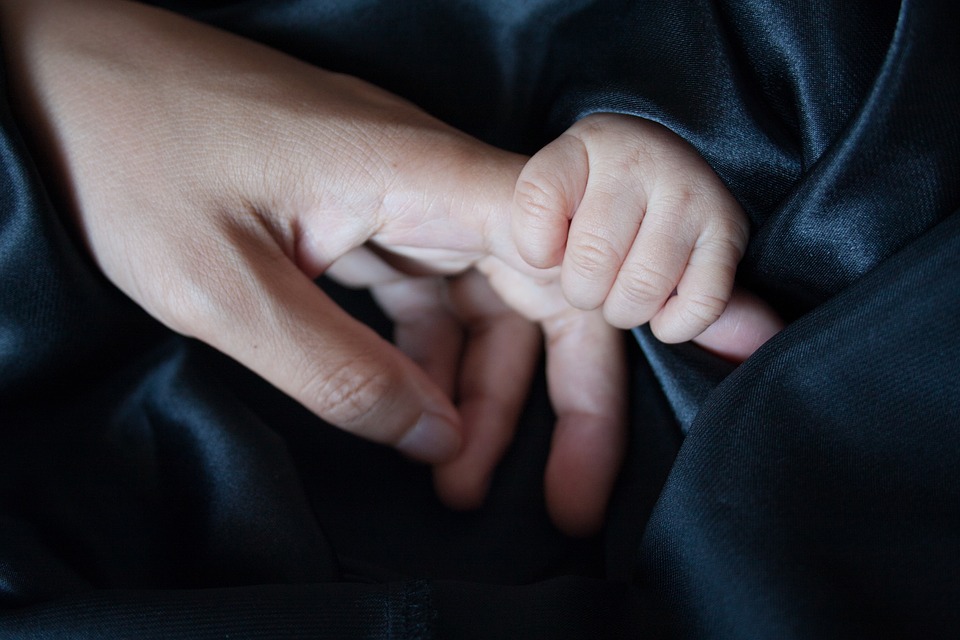
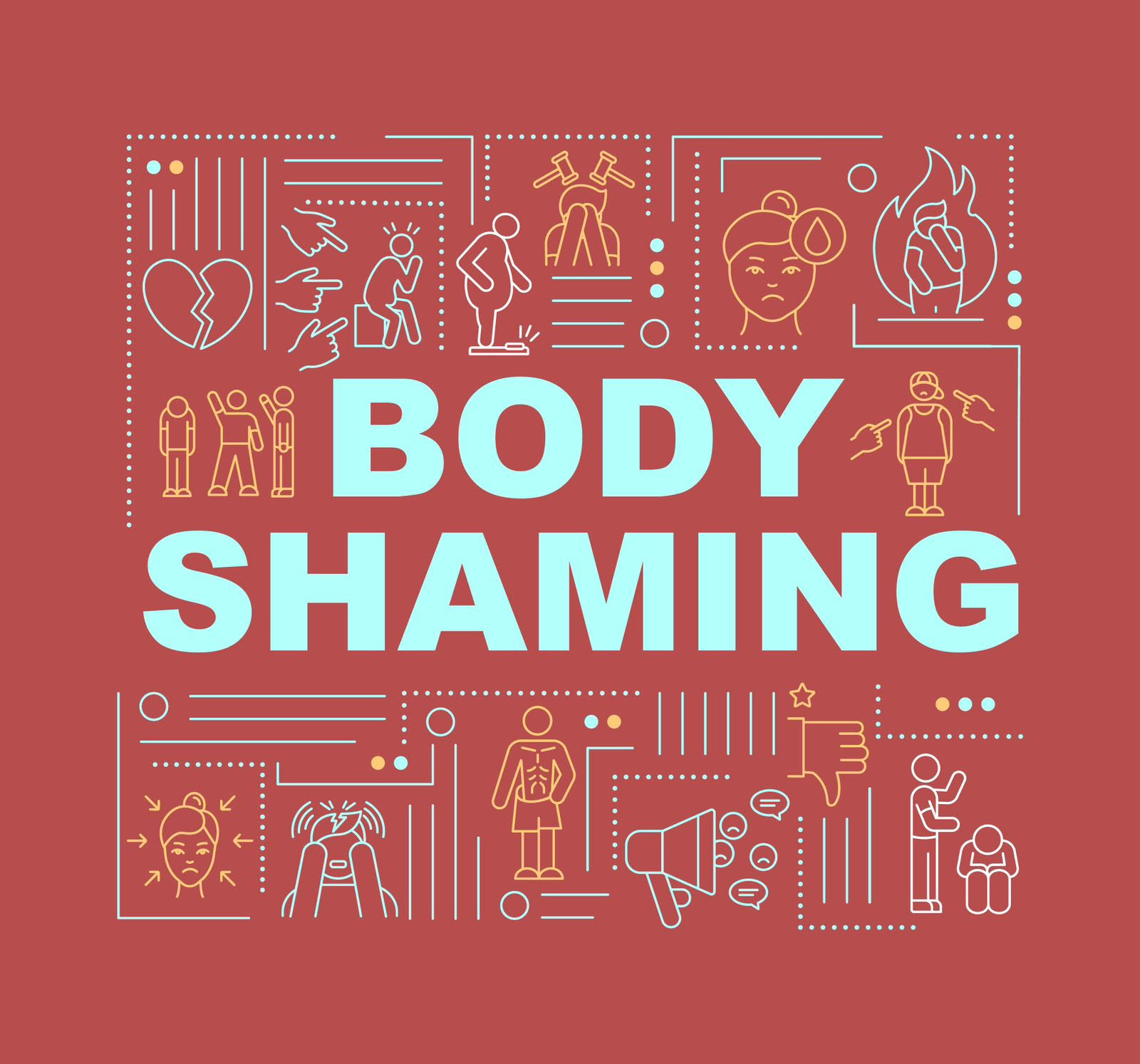


Very well enumerated write up ! Enjoyed reading !